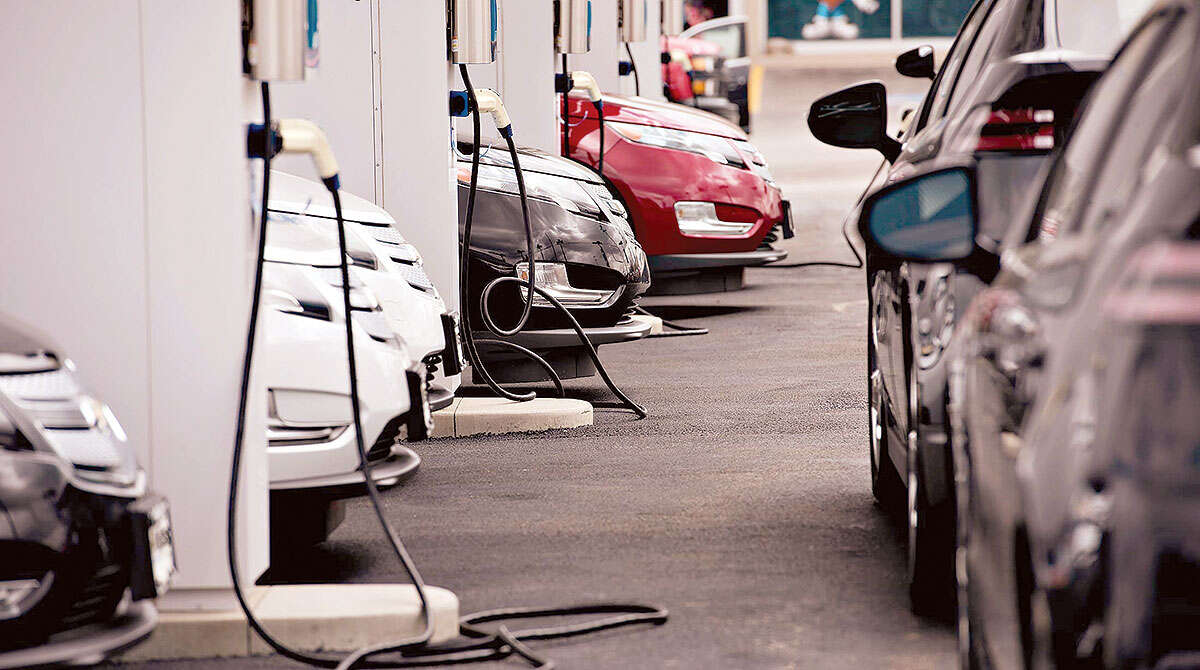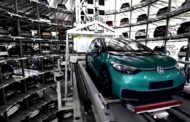The electric vehicle (EV) market is booming. In 2022, global EV sales reached 10 million units, a 55% increase from 2021. This is great news for the environment, but it also poses a challenge to the power grid.
EVs require a lot of electricity to charge, and if too many people start charging their EVs at the same time, it could overload the grid. This could lead to blackouts or brownouts.
There are a few things that can be done to address this challenge:
- Upgrade the grid to make it more resilient. This could involve adding new transmission lines and substations, or upgrading existing infrastructure.
- Use time-of-use charging. This would involve incentivizing EV owners to charge their vehicles during off-peak hours, when demand for electricity is lower.
- Educate EV owners about how to charge their vehicles responsibly. For example, they could be encouraged to avoid charging their vehicles during peak hours, or to use smart chargers that can optimize charging times.
It is important to note that the impact of EVs on the grid will vary depending on a number of factors, including the number of EVs on the road, the type of EV, and the time of day when they are charged. However, it is clear that the growing popularity of EVs will put a strain on the grid if no action is taken.
By taking steps to upgrade the grid, use time-of-use charging, and educate EV owners, we can mitigate the impact of EVs on the grid and ensure that this technology can continue to play a role in the fight against climate change.
In addition to the above, here are some other things that can be done to address the impact of EVs on the grid:
- Deploy smart grid technologies. Smart grid technologies can help to manage demand for electricity and ensure that the grid is able to handle the increased load from EVs.
- Invest in renewable energy. Renewable energy sources, such as solar and wind, can help to reduce the overall demand for electricity from the grid.
- Work with EV manufacturers to develop more efficient EVs. More efficient EVs will require less electricity to charge, which will reduce the impact on the grid.
By taking these steps, we can ensure that the growth of the EV market does not lead to problems for the power grid. Instead, EVs can help us to transition to a cleaner, more sustainable energy future.












